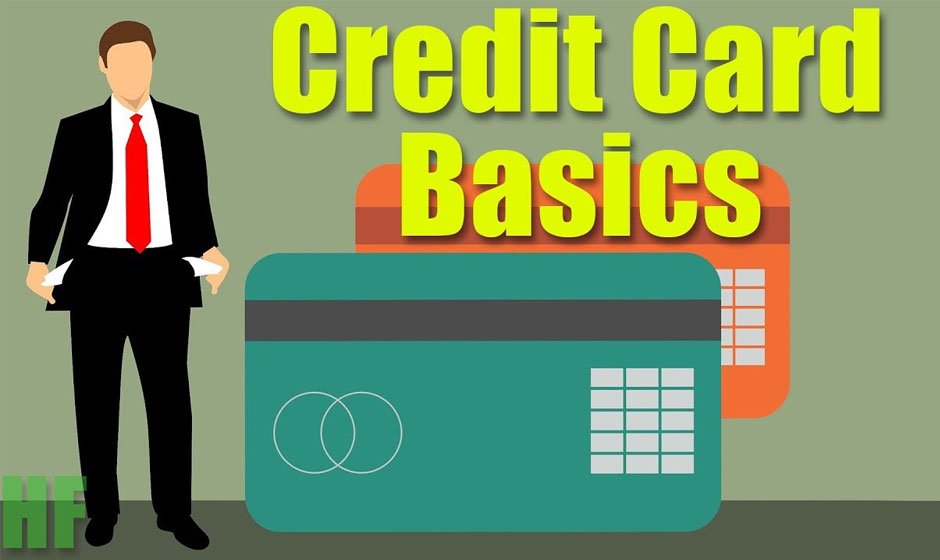How Does Credit Card Interest Work? Understanding the Basics

Credit cards have become integral to our financial lives, offering convenience and flexibility in managing expenses. However, it’s crucial to understand how credit card interest works to avoid unnecessary debt and financial pitfalls. In this article, you will explore how does credit card interest work and empowering you to make informed decisions about your credit card usage.
1. The Concept of Credit Card Interest
Credit card interest is the cost of borrowing money from a credit card issuer. When you make a purchase using your credit card and carry a balance from month to month, the remaining balance accrues interest charges. These charges are calculated based on your credit card’s annual percentage rate (APR).
It’s essential to note that not all credit card transactions are subject to interest charges. If you pay your credit card balance in full by the due date each month, you can avoid accruing interest on your purchases. This is known as the grace period.
2. How is Credit Card Interest Calculated?
To understand how credit card interest is calculated, you need to know two key factors: the average daily balance and the APR. The average daily balance is determined by summing up the outstanding balances on your credit card for each day of the billing cycle and dividing it by the number of days in the cycle.
The APR represents the annual interest rate charged by the credit card issuer. It is usually expressed as a percentage. The APR is divided by the number of months in a year to calculate the monthly interest charges.
The formula for calculating credit card interest is straightforward: average daily balance multiplied by the daily interest rate (APR divided by 365). The resulting figure is the interest charge for that day. The total interest charges for the billing cycle are then added up to determine the amount you owe.
3. The Impact of Minimum Payments
You’ll notice a minimum payment amount specified when you receive your credit card statement. You must pay this minimum to keep your account in good standing. However, paying only the minimum amount can lead to significant interest charges and a prolonged repayment period.
Paying only the minimum allows the remaining balance to accrue interest, which can be costly in the long run. It’s advisable to pay more than the minimum to reduce the overall interest charges and pay off the debt faster.
4. Tips to Minimize Credit Card Interest
To minimize credit card interest charges, consider the following tips:
- Pay your balance in full and on time each month to avoid accruing interest.
- If you carry a balance, strive to pay more than the minimum payment to reduce interest charges.
- Look for credit cards with low or 0% introductory APR offers, especially if you plan to make a large purchase and need some time to pay it off.
- Avoid cash advances on your credit card as they often come with higher interest rates and no grace period.
- Consider transferring high-interest credit card balances to a card with a lower APR or taking advantage of balance transfer offers.
5. Seek Financial Education and Guidance
Understanding credit card interest is crucial for maintaining healthy financial habits. If you need clarification on any aspect of credit card interest or want personalized advice, consider contacting a financial advisor or attending financial education programs. Being informed about credit card interest will empower you to make sound financial decisions and use your credit cards wisely.
SoFi says, “To be eligible for a SoFi credit card, you must be at least 18 years old (or the legal age required by your state of residence), have a physical U.S. mailing address, possess a valid Social Security number.” Interest is an essential aspect of credit card usage that can significantly impact your finances. By understanding the basics of credit card interest, you can make informed decisions, minimize interest charges, and take control of your financial future.



